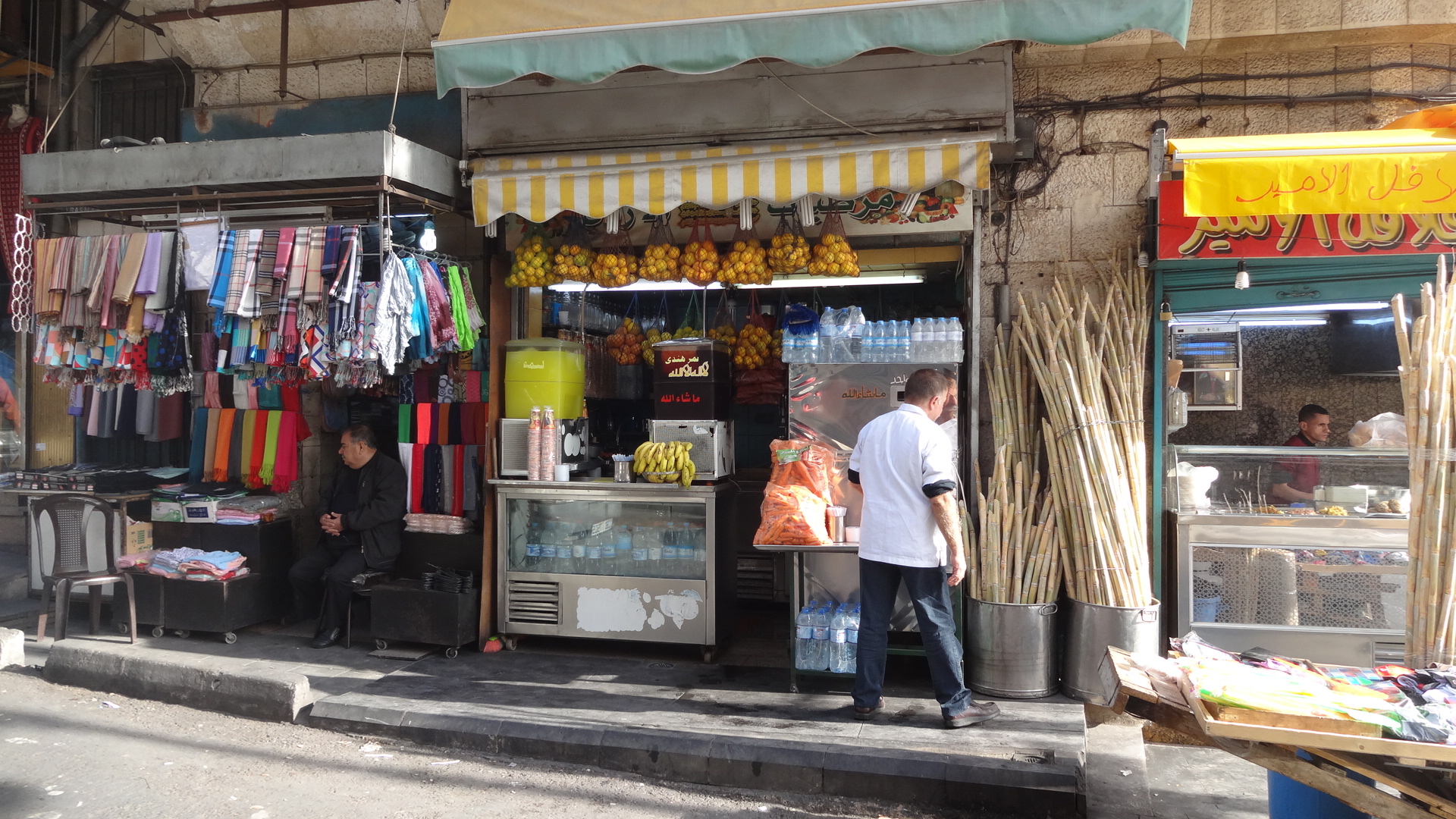Economic situation Low growth rates, strong commitment to reform
Traders in downtown Amman, Jordan
After the country had overcome the impact of the pandemic, the global rise in commodity prices caused by Russia's war of aggression against Ukraine impacted on Jordan's economy. Food prices had already begun to rise before the war broke out. The International Monetary Fund (IMF) expects that growth in 2025 will be about 2.6 per cent.
In June 2022, the government, at the initiative of the royal family, presented a reform package for more jobs and better living conditions. More money is to be invested in strategic and entrepreneurial projects, innovation, research, and development. Moreover, the government wants to create a conducive environment for the sustainable development of small and medium-sized enterprises.
As at: 25/08/2025
